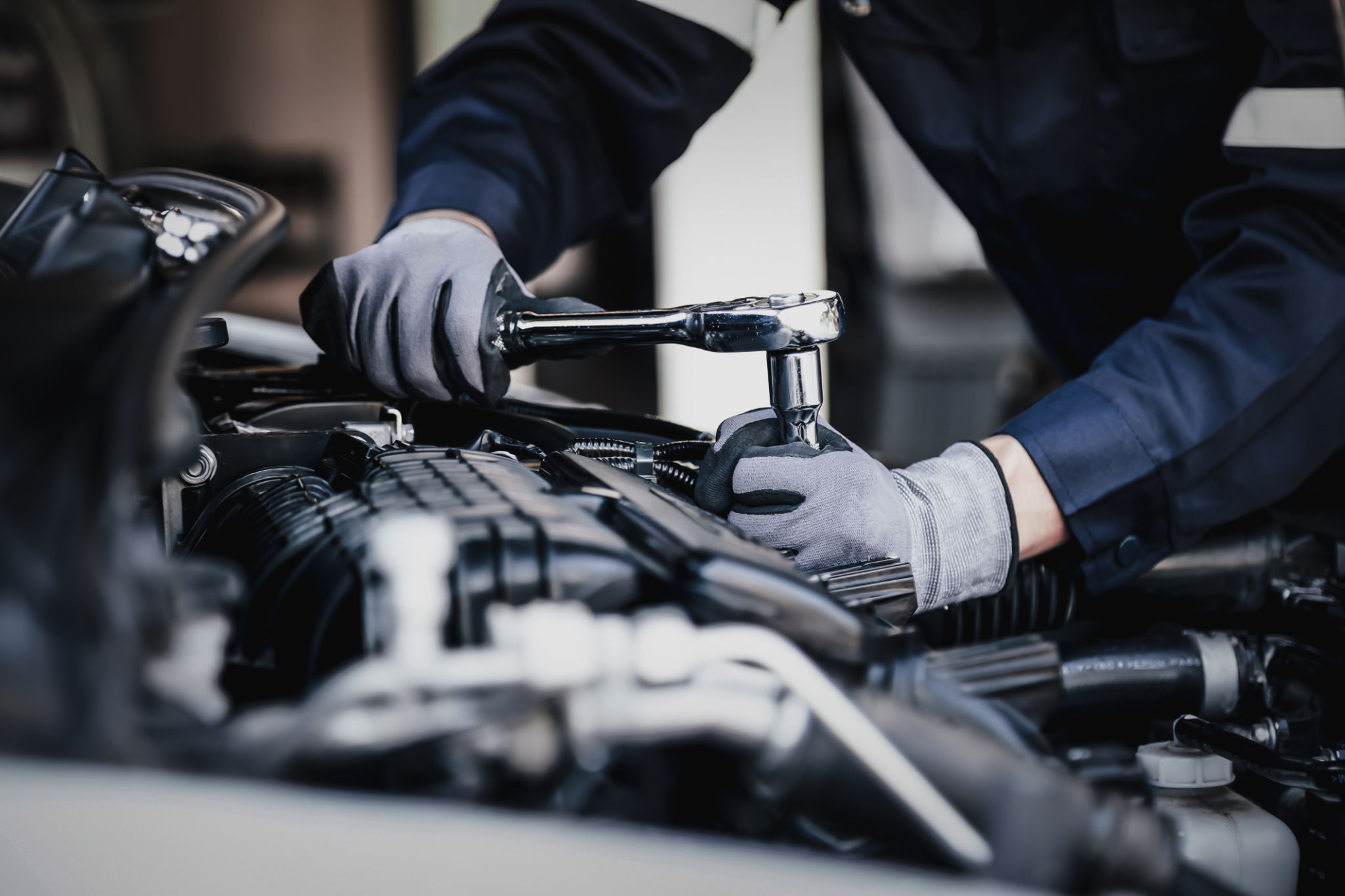Engine Tuning Myths Debunked: What You Really Need to Know
Engine tuning is often surrounded by a cloud of myths and misconceptions. While many car enthusiasts swear by certain practices, it's important to separate fact from fiction to ensure your vehicle runs smoothly and efficiently. In this blog post, we'll debunk some common engine tuning myths and provide insights into what you really need to know.
Myth #1: Tuning Always Increases Fuel Efficiency
One of the most pervasive myths is that tuning your engine will always result in better fuel efficiency. While it's true that a well-tuned engine can improve performance, this doesn't necessarily translate to better fuel economy. In fact, some tuning adjustments may prioritize power over efficiency, potentially leading to increased fuel consumption.
It's crucial to understand the goals of your tuning efforts. If improving fuel efficiency is your primary objective, consult with a professional who can tailor the tuning process to achieve this goal without compromising other aspects of your vehicle's performance.

Understanding the Balance Between Power and Efficiency
Engine tuning often involves finding the right balance between power and efficiency. For instance, increasing horsepower can be exciting but may come at the cost of higher fuel consumption. It's essential to decide what you value more as a driver: raw power or fuel savings.
Myth #2: All Engine Tuning Is the Same
Another common misconception is that all engine tuning is identical. In reality, there are various types of tuning, each with its own set of objectives and outcomes. From ECU remapping to performance chip installation, each method offers different benefits and should be chosen based on specific needs and vehicle types.

For those unfamiliar with the intricacies of engine tuning, it may be helpful to consult with an expert who can guide you through the options and recommend the best approach for your vehicle.
Types of Engine Tuning
- ECU Remapping: Customizing the engine control unit to optimize performance.
- Performance Chips: Adding chips to enhance power output and throttle response.
- Cold Air Intake: Increasing airflow to improve combustion efficiency.
Myth #3: Tuning Is Only for High-Performance Cars
Many people believe that engine tuning is exclusively for high-performance or sports cars. However, tuning can benefit a wide range of vehicles, from daily drivers to off-road vehicles. The key is to determine the specific improvements you seek, whether it's enhanced torque for towing or smoother acceleration for city driving.

Tuning can be a valuable tool for any driver looking to optimize their vehicle's performance, regardless of the make or model. By understanding the unique needs of your vehicle, you can make informed decisions about the tuning process.
The Importance of Professional Guidance
While DIY enthusiasts may be tempted to tune their engines themselves, it's often best to seek professional advice. Experienced technicians can ensure that any modifications are safe, effective, and aligned with your performance goals. This not only protects your investment but also ensures compliance with any legal or warranty considerations.
In conclusion, engine tuning is a complex field with many nuances. By debunking these myths and understanding the realities of the process, you can make informed decisions that align with your driving preferences and vehicle needs.
